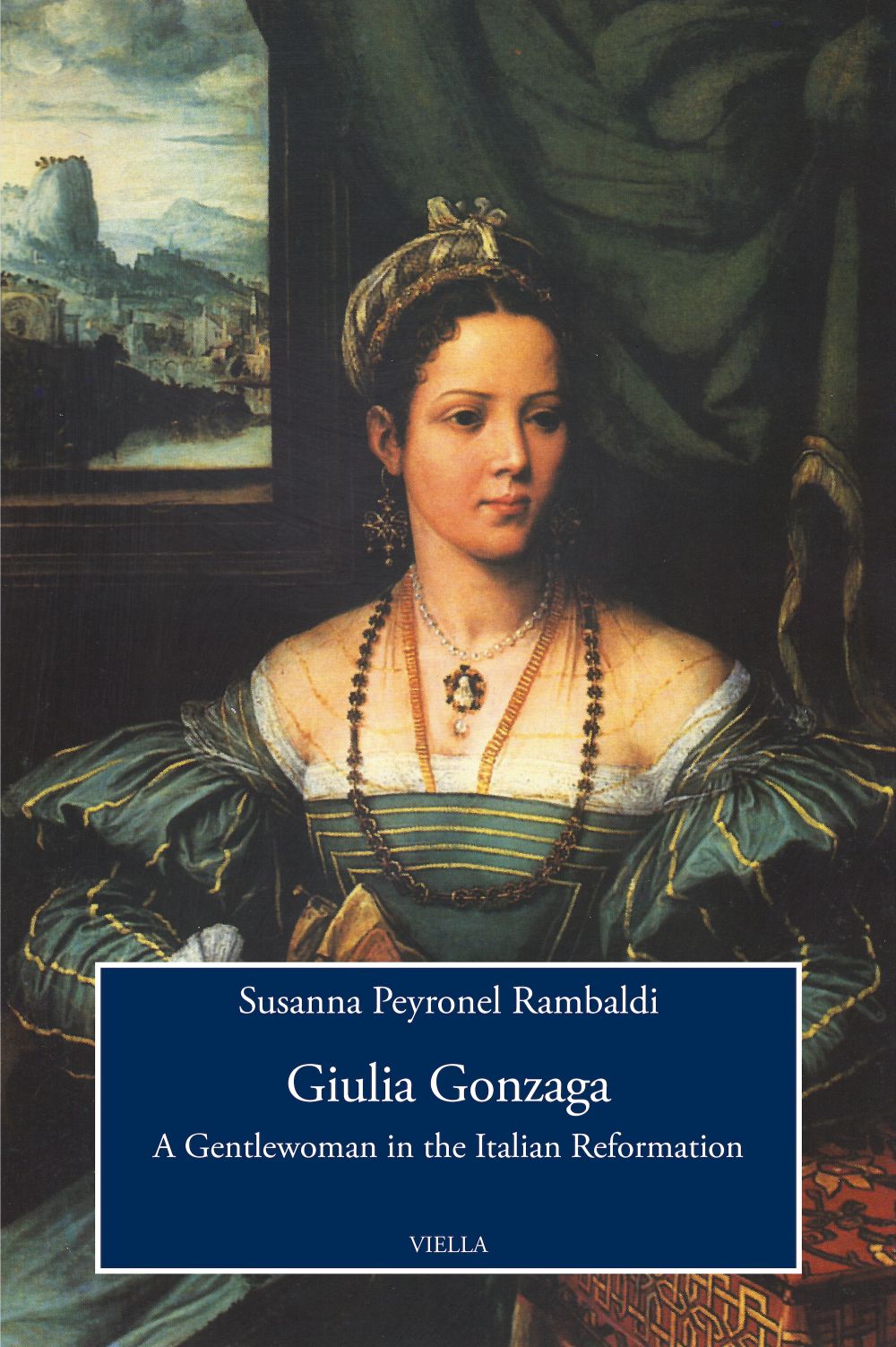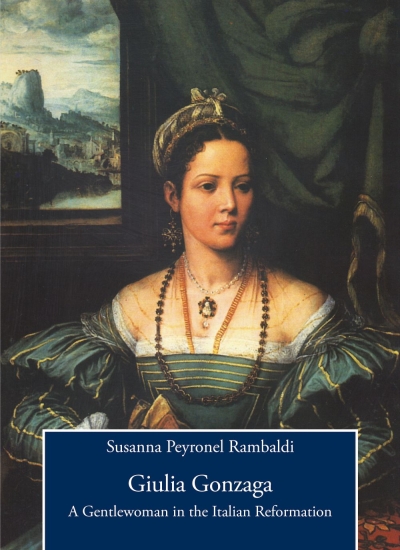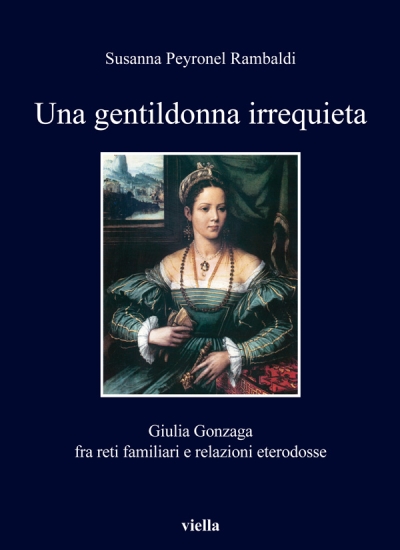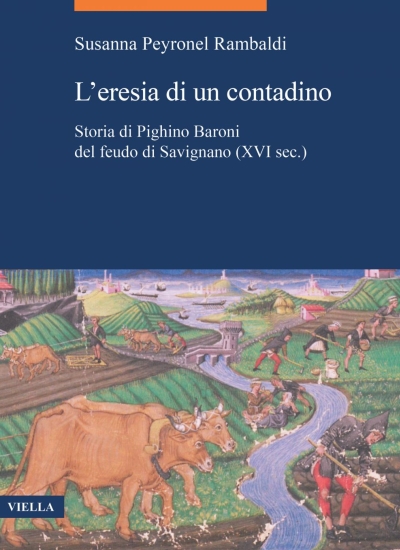Description
The life of Giulia Gonzaga – a leading figure in a delicate time of transition in 16th-century Italian political, cultural and religious history – brings this period and its dramatic turning-points alive. A favoured disciple of Juan de Valdés and at the centre of his group of followers, as well as a loyal friend of the protonotary Pietro Carnesecchi, who was condemned for heresy and executed, Giulia Gonzaga was strongly tied to her class, her powerful dynasty and to family and political intrigues. Under the shadow of her family, she enjoyed a heterodox experience shared by many others, men and women alike, who were protagonists of an intellectual and spiritual dissent that was harshly repressed by the Church of Rome.
Through the life of a woman, this book recounts the shifts in the political balance of power in Italy in the early years of Spanish dominion and how they mixed with religious dissent and with attempts to change the direction of the Church. It also recounts the relationships, friendships and solidarities of an aristocracy, male and female, that sought to play a role in the bitter conflicts that had emerged in Italian society as the Reformation spread throughout Europe.
Biographical notes
Susanna Peyronel Rambaldi insegna Storia moderna all’Università degli studi di Milano. Si è occupata prevalentemente di storia politico-religiosa cinquecentesca, della storia dell’Inquisizione in Italia e, più recentemente, dell’attività politica e religiosa di alcune gentildonne appartenenti a grandi famiglie delle corti italiane.






